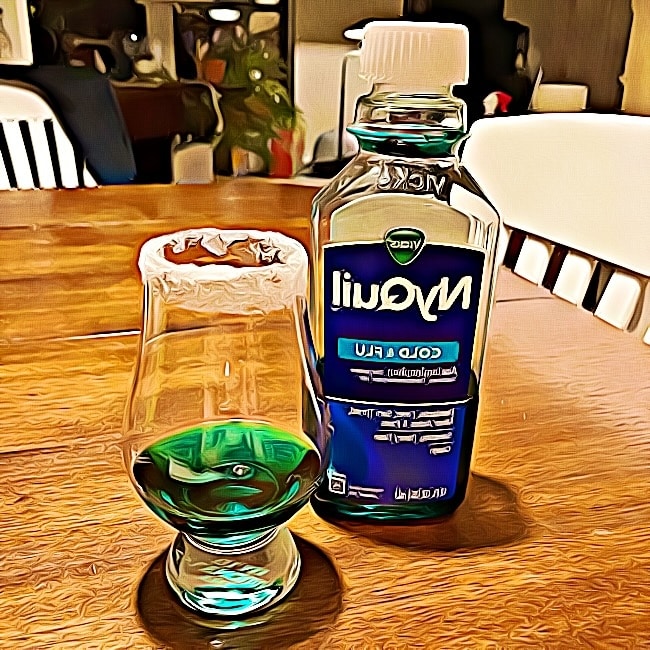When it comes to managing colds and flu, Nyquil is a go-to over-the-counter medication for many. However, its interaction with alcohol is a topic of significant concern. It’s crucial to understand the risks involved in mixing Nyquil with alcohol to ensure your safety and well-being.
What is Nyquil?
Nyquil is a popular over-the-counter medication used to treat symptoms of the common cold and flu. It contains a combination of ingredients like acetaminophen (pain reliever/fever reducer), dextromethorphan (cough suppressant), and doxylamine succinate (antihistamine/sleep aid).
The Dangers of Mixing Alcohol with Nyquil
– Enhanced Sedative Effects
Both alcohol and certain components in Nyquil, such as doxylamine succinate, have sedative properties. When combined, these substances can significantly impair your central nervous system, leading to intense drowsiness, dizziness, and difficulty concentrating.
– Increased Risk of Liver Damage
Nyquil contains acetaminophen, which is processed by your liver. Consuming alcohol with acetaminophen increases the strain on your liver, potentially leading to liver damage or even acute liver failure. This risk is heightened if you consume alcohol regularly or have pre-existing liver conditions.
– Risk of Overdose
Mixing alcohol with Nyquil can also increase the risk of overdose due to the combined effects of the substances. Symptoms of an overdose might include nausea, vomiting, dizziness, fainting, or even more severe consequences.

Expert Opinions and Studies
The National Institute on Alcohol Abuse and Alcoholism (NIAAA) provides extensive research on the dangers of mixing medication with alcohol. According to their findings, the combination can lead to harmful reactions and health risks.
Recommendations for Safe Use
If you’re taking Nyquil, it’s best to avoid alcohol altogether. Always read medication labels and consult with a healthcare professional if you have any doubts about drug interactions.
Conclusion: Seeking Help for Substance Misuse
Mixing Nyquil with alcohol can have serious health consequences. If you or a loved one is struggling with substance misuse, it’s essential to seek professional help. Remember, taking the first step towards getting help is a sign of strength and a path to recovery.




